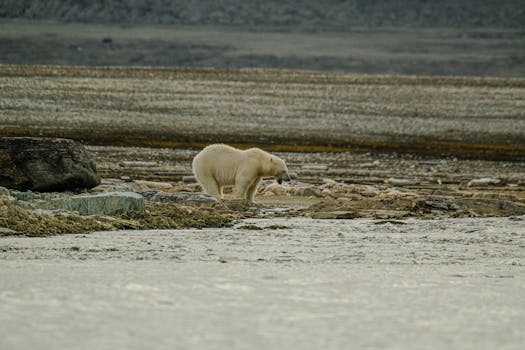
Introduction

The impact of climate change on global ecosystems is profound and multifaceted. As temperatures rise and weather patterns shift, the delicate balance of nature is disrupted, leading to irreversible changes in biodiversity and habitat dynamics.
Effects on Biodiversity

Climate change poses a significant threat to biodiversity. Species that cannot adapt quickly to changing conditions face extinction. For example, polar bears depend on sea ice for hunting seals, and as ice melts, their hunting grounds diminish. Similarly, coral reefs, which support a vast array of marine life, are suffering from bleaching due to rising sea temperatures.
Habitat Loss and Alteration

Many ecosystems are experiencing habitat loss due to rising sea levels and increased frequency of extreme weather events. Coastal areas are particularly vulnerable, leading to the displacement of both terrestrial and marine species. Forests are also at risk, with changing precipitation patterns affecting tree growth and health.
Species Interactions

Climate change alters species interactions within ecosystems. For instance, as some species migrate to cooler areas, they may disrupt existing food webs and predator-prey relationships. This can lead to unforeseen consequences, such as the overpopulation of certain species and the decline of others.
Conclusion

The impact of climate change on global ecosystems is an urgent issue that requires immediate action. Protecting biodiversity and mitigating habitat loss are essential steps to preserving the integrity of our planet’s ecosystems for future generations.






